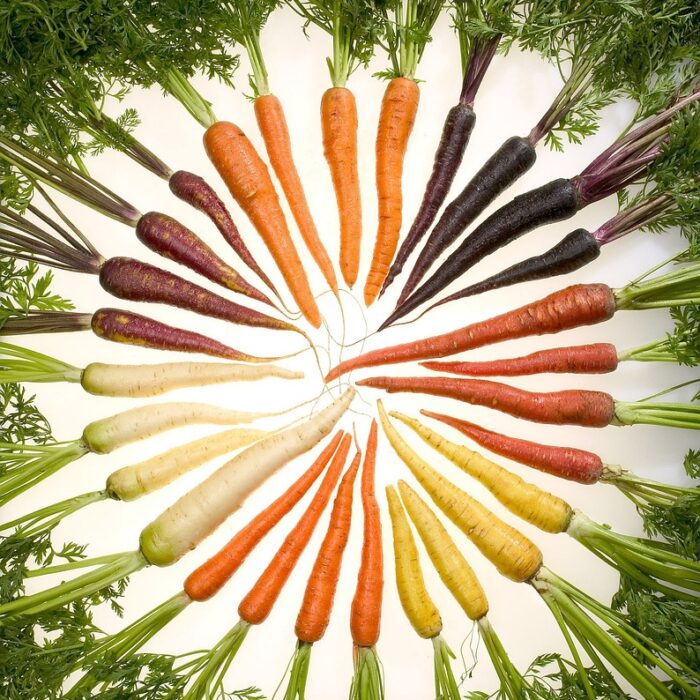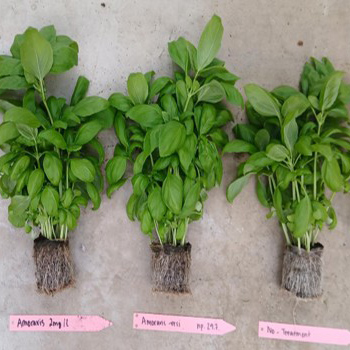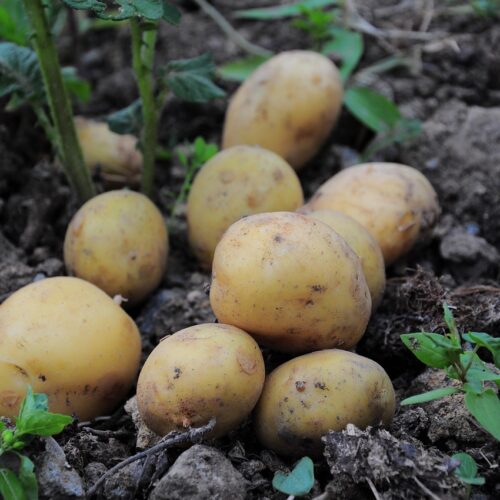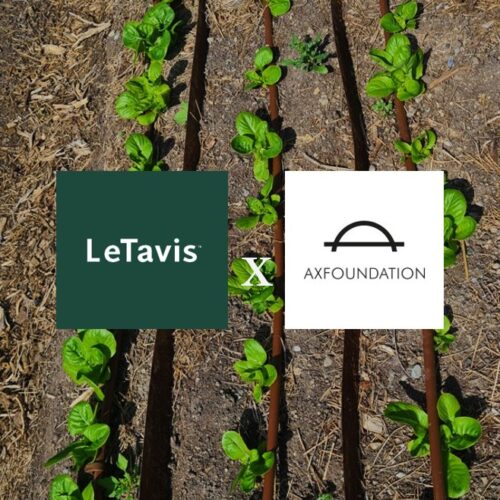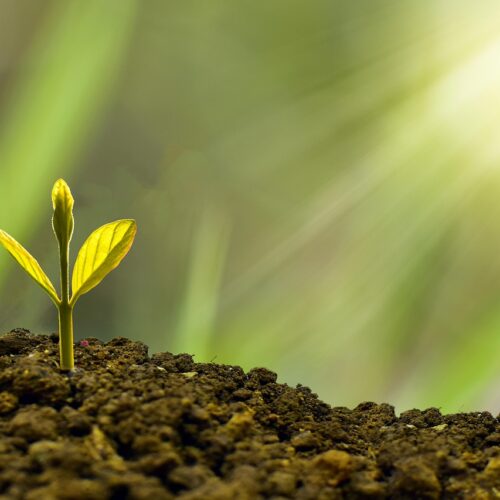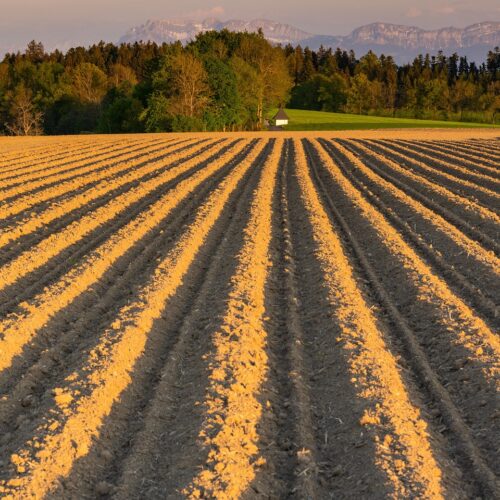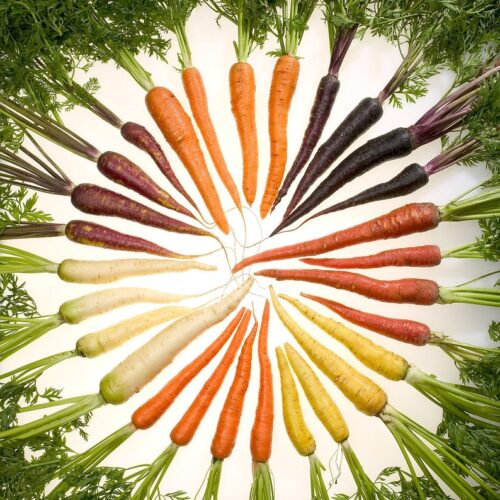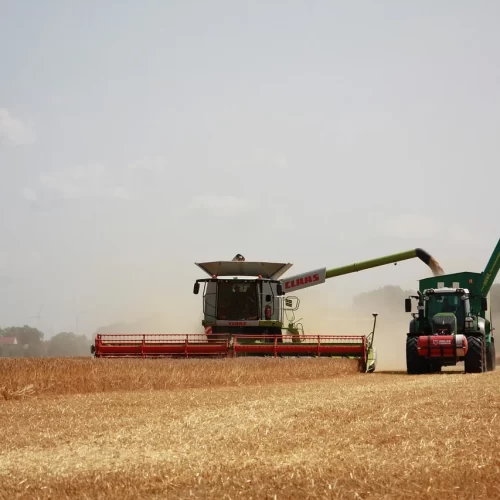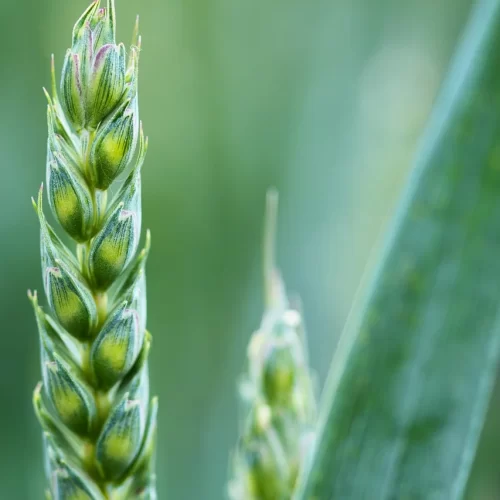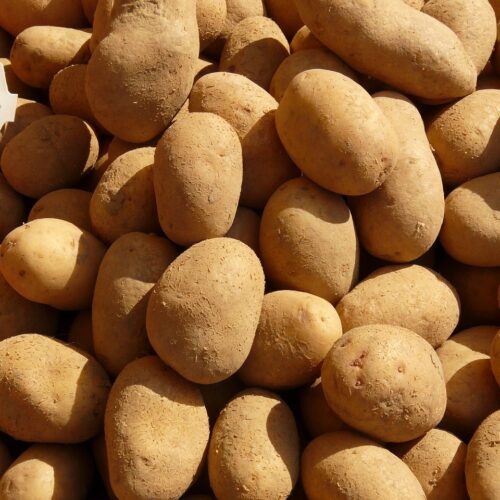Trends
Global Trends and Sweden’s Opportunity to Revive Traditional Crops
The global agricultural market is evolving rapidly. According to the latest OECD-FAO Agricultural Outlook 2024-2033, the world’s food systems will be shaped by growing demand in India, Southeast Asia, and Africa, while China’s consumption is expected to stabilize. At the same time, discussions about self-sufficiency, alternative crops, and sustainable farming methods are increasing—trends that will also impact the future of Swedish agriculture.
What Do Global Changes Mean for Sweden?
The rising demand in low- and middle-income countries means that more food will be traded on global markets, but it also creates new opportunities for countries like Sweden and the EU to strengthen their production and global competitiveness.
The Hushållningssällskapet project, “Traditional but Unconventional Crops for Future Consumers”, has already demonstrated that Swedish agriculture has the potential to grow more plant-based crops and legumes to meet the rising demand for sustainable food. Crops such as quinoa, millet, and heritage grains are experiencing a resurgence due to both climatic and economic advantages. These crops are particularly sought after by Swedish consumers aiming for more climate-friendly and budget-conscious food choices.
Sustainable Growth and Productivity – The Role of Biotechnology
As food demand increases, production must become more sustainable. The OECD and FAO emphasize that future agriculture must focus on productivity growth rather than expanding farmland—a shift where biotechnology, precision farming, and improved cultivation methods will be critical.
Biostimulants like Amoravis™ play a role in this transformation. By enhancing nutrient absorption and root development, they enable more efficient production without increasing input costs or environmental impact. This allows higher yields on existing farmland, which is a key factor in meeting future food demands.
Can Sweden Strengthen Its Self-Sufficiency?
According to the OECD and FAO, international trade will remain essential for global food security. However, as extreme weather events disrupt production and supply chains, every country must reevaluate its own food strategy.
For Sweden, this presents an opportunity to:
- Develop a more diversified food production system by investing in both traditional and emerging crops.
- Strengthen sustainable farming methods to reduce dependence on imported inputs.
- Implement biotechnological solutions like Amoravis™ to enhance crop stability and resilience to climate change.
A New Era for Swedish Agriculture?
With a shifting global market and increasing climate challenges, Sweden must focus on innovation, sustainability, and self-sufficiency. By combining new crops, biotechnology, and smart resource management, we can not only strengthen Swedish food production but also build a more resilient and sustainable agricultural sector for the future.
